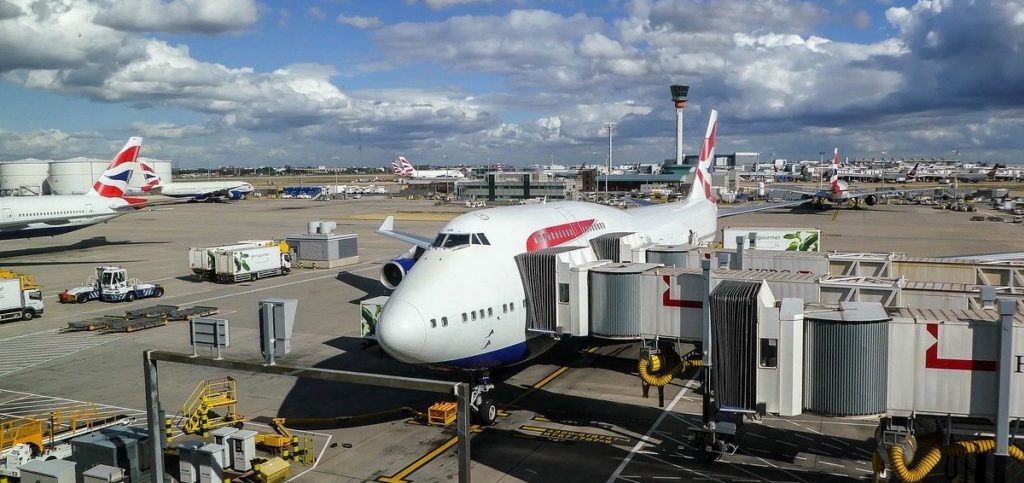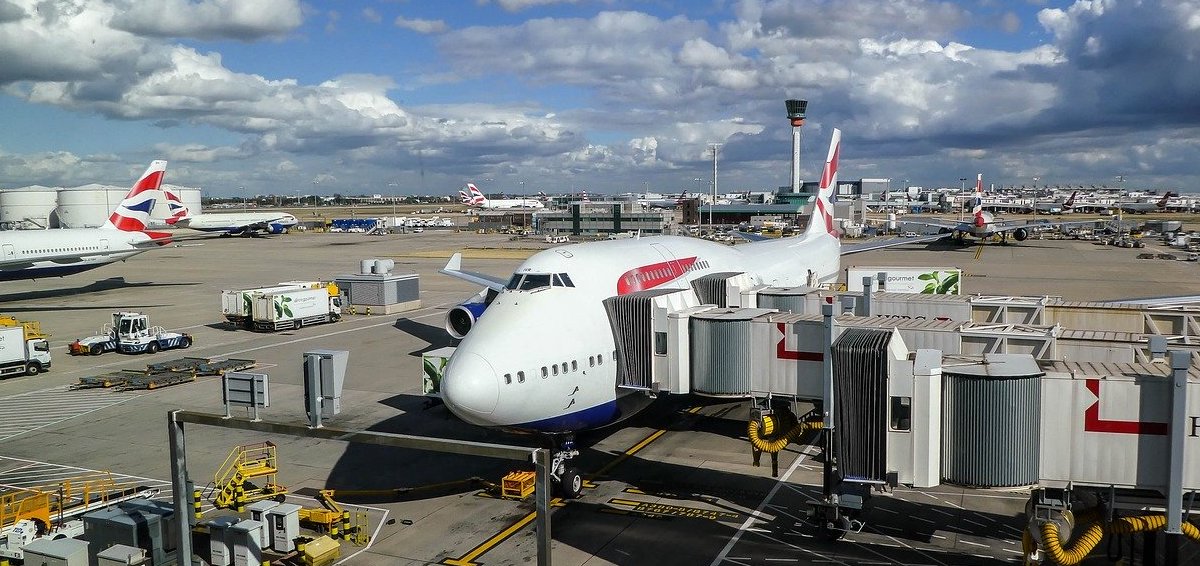
A decision over a third runway at the country’s biggest airport means section 151 officers must consider climate issues when they draw up their spending plans. Helen Randall explains why.
Given the current situation where air traffic has reduced due to the Covid-19 pandemic, it is probably surprising that a case concerning the expansion of Heathrow airport could still have such far-reaching implications for all public authorities and their decisions, strategic plans and even, potentially, in relation to planning capital expenditure.
The recent Court of Appeal decision regarding Heathrow airport expansion came about as a result of five different judicial reviews in a rolled-up hearing brought by environmental organisations Friends of the Earth, Greenpeace, Plan B Earth, WWF-UK, five local authorities and the Mayor for London against a decision by the Secretary of State for Transport.
The background was that if the UK wished to maintain its leading aviation “hub” status, then our aviation capacity must increase.
As the court remarked, whether the increase in capacity should be supported in national policy, and whether it should involve the construction of a third runway at Heathrow, has long been a matter of controversy, intensified by concerns over the environmental cost of achieving it, and by the concerted global effort to combat climate change through cutting carbon emissions. However, the court did not get drawn into this debate.
Keep in touch – register for Room151 treasury and finance meetings ONLINE
The court looked at whether the Airport’s National Policy Statement (ANPS), the government’s policy in favour of a third runway at Heathrow, was lawful.
The commitments
Why is this relevant to section 151 officers? Because in effect, this case indicates that when any public authority is making any major decision, it now needs to pay regard to our international climate change commitments.
This case looked at several aspects of environmental law which, although European law, will still have relevance in terms of the UK’s domestic and international environmental commitments.
The environmental law issues included the Habitats Directive, the SEA Directive concerning the assessment of the environmental effects of plans and programmes, and the UK’s climate change commitments in the Paris Agreement.
One question the court looked at was whether the ANPS was unlawful because the secretary of state failed to have regard to the desirability of mitigating aviation emissions following the UK’s Paris commitments beyond 2050, and to the ability of future generations to meet their needs.
Under the Paris Agreement, the UK government decided not to set new emissions targets because it felt the nation already had stretching targets to reduce greenhouse gas emissions which would already contribute positively to global climate action, but the government did indicate a possible future UK target for zero net domestic emissions.
There is also a statutory duty on the United Kingdom to cut greenhouse gas emissions by 100% from their 1990 level by 2050.
The Habitats Directive contributes towards ensuring bio-diversity through the conservation of natural habitats and wild fauna and flora in Europe.
The SEA Directive provides for the integration of environmental considerations into the preparation and adoption of plans and programmes with a view to promoting sustainable development.
Paris
The Court of Appeal held that the UK’s commitment to the Paris Agreement was clearly part of government policy by the time of designation of the ANPS. It also ruled that the executive must comply with the will of Parliament and take account of its own policy commitments.
The court decided that the secretary of state had made an error of law because he never asked himself the question whether he could take into account the Paris Agreement and, if he had asked, the only answer that would reasonably have been open to him is that the Paris Agreement was so obviously material to the decision it was irrational not to take it into account.
So, the lessons that section 151 officers and elected members can take from the Heathrow case is that when setting a council’s capital programme and making major spending or investment decisions, nowadays, in light of the law both domestically and internationally, it will always be relevant to take into account environmental considerations. This includes carbon reduction targets, the environmental impact a decision might have, and whether a decision could be detrimental to biodiversity and foul fall of habitats legislation.
This, in fact, is not unusual in terms of private sector investment nowadays, which is increasingly considering environmental, social and governance issues (ESG).
It should not be surprising that the public sector also has to bear in mind these matters when making spending decisions. Even more so, if your authority has declared a climate change emergency.
What would be the consequence of your authority failing to have regard to environmental matters? Well, according to the Court of Appeal in the Heathrow case, it would suggest that the decisions that the section 151 officer, or your elected members, have made would be unlawful and potentially vulnerable to judicial review.
These days, given the increasing public pressure on climate change, it is more important than ever that decisions are legally sound.
Helen Randall is a partner at law firm Trowers & Hamlins LLP.














